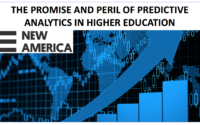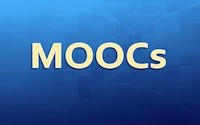
Download Report: The Promise and Peril of Predictive Analytics in Higher Education
Predictive analytics–using massive amounts of historical data to predict future events–is a practice that’s making it easier and faster for colleges to decide which students to enroll and how to get them to graduation. But using data in this way may make decision-making processes harder, not easier. That’s because predictive analytics can aid in discriminatory […]











